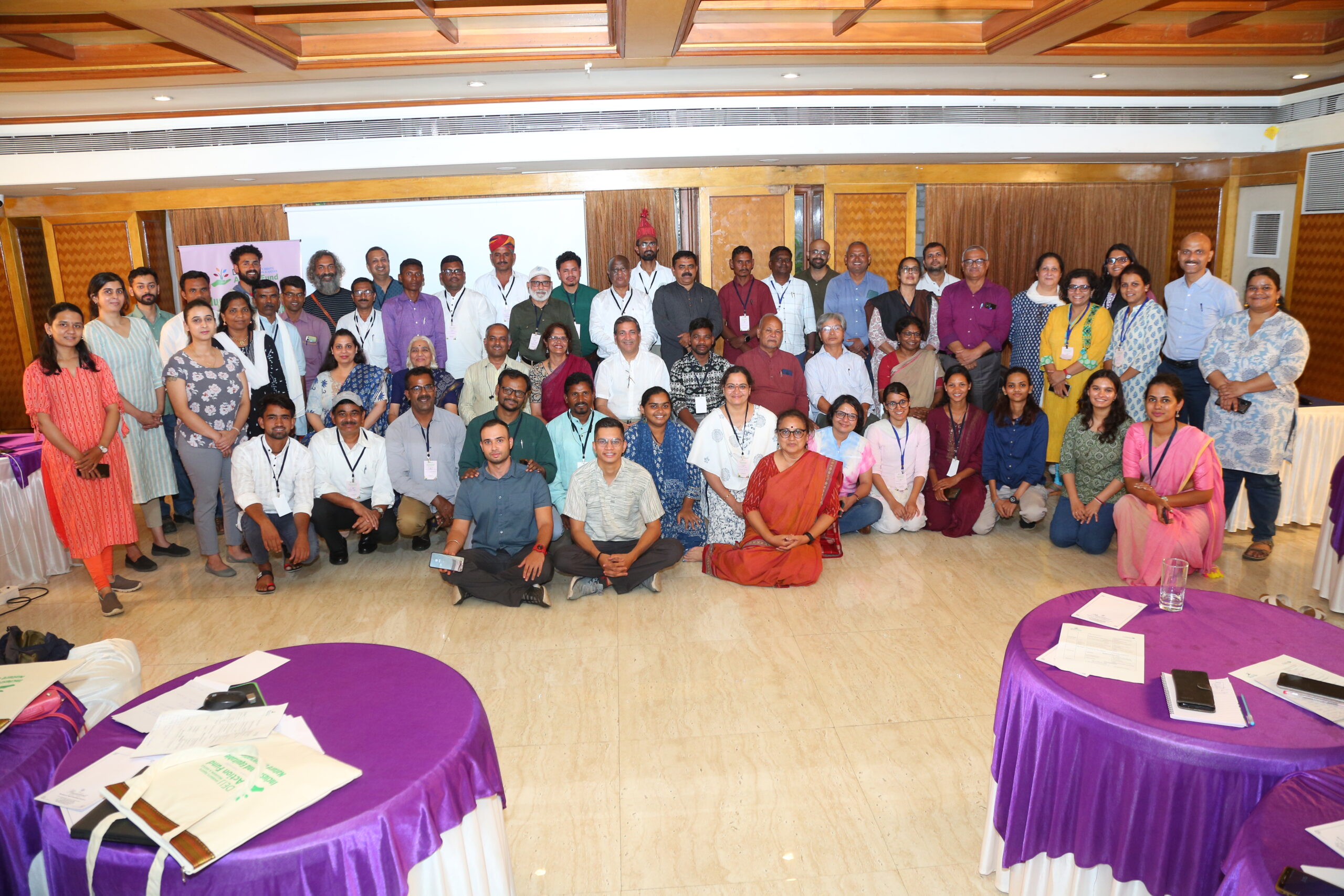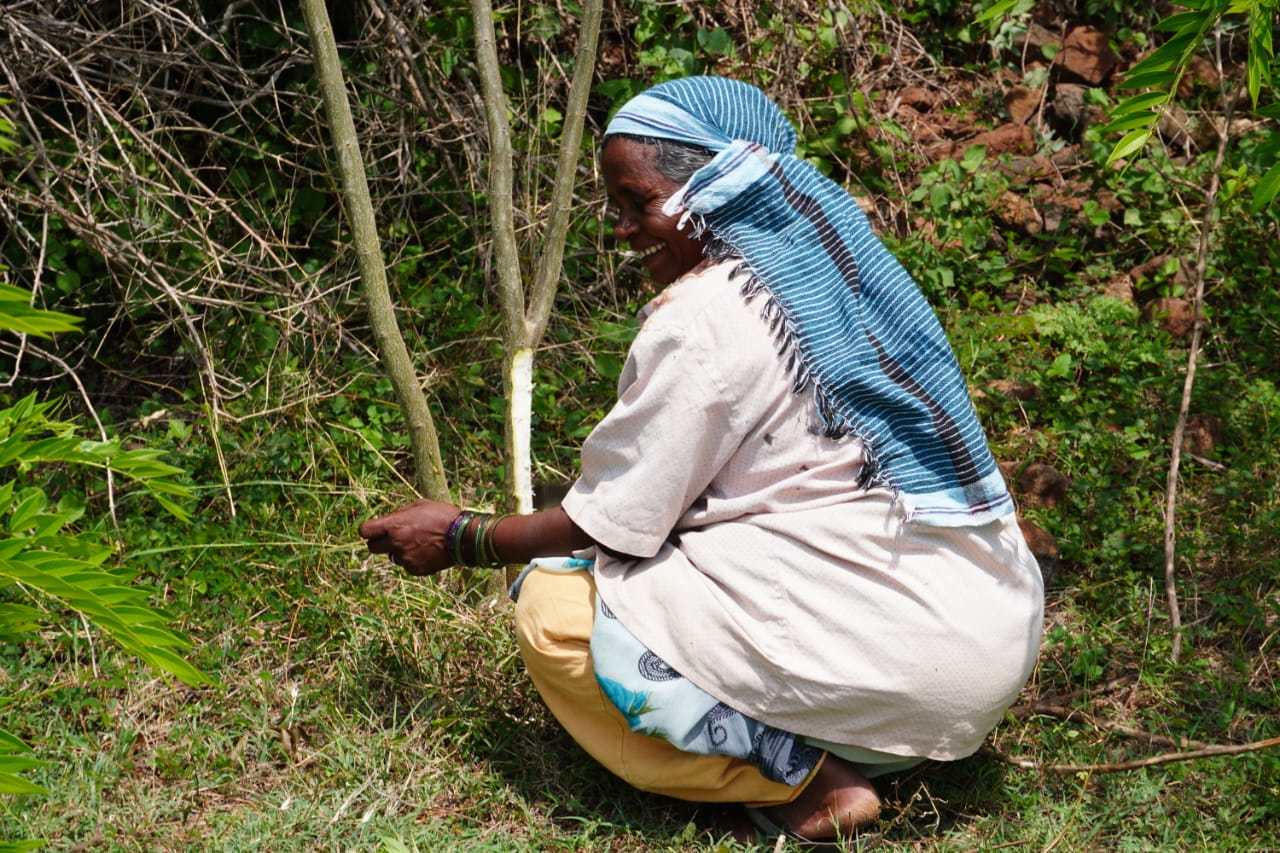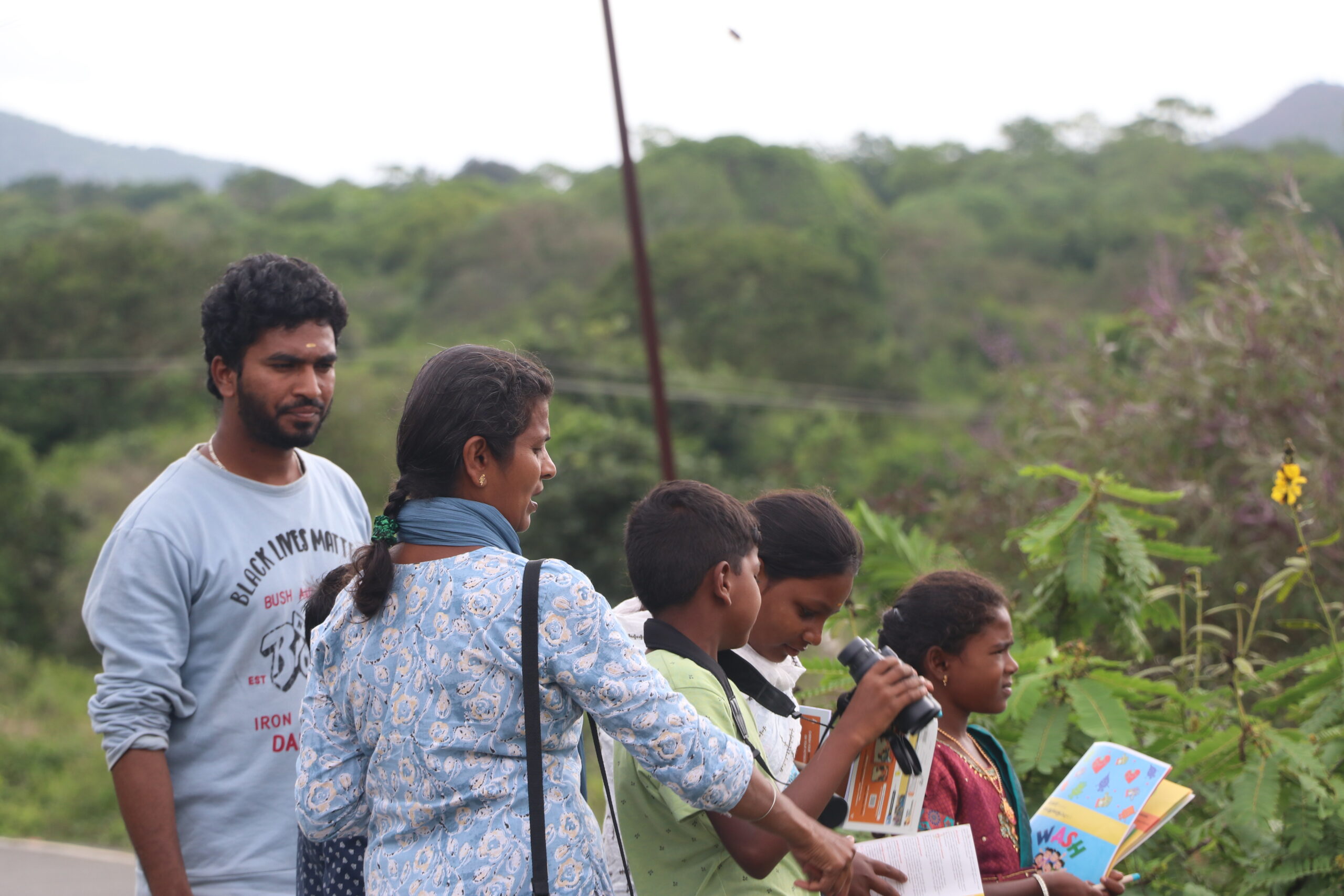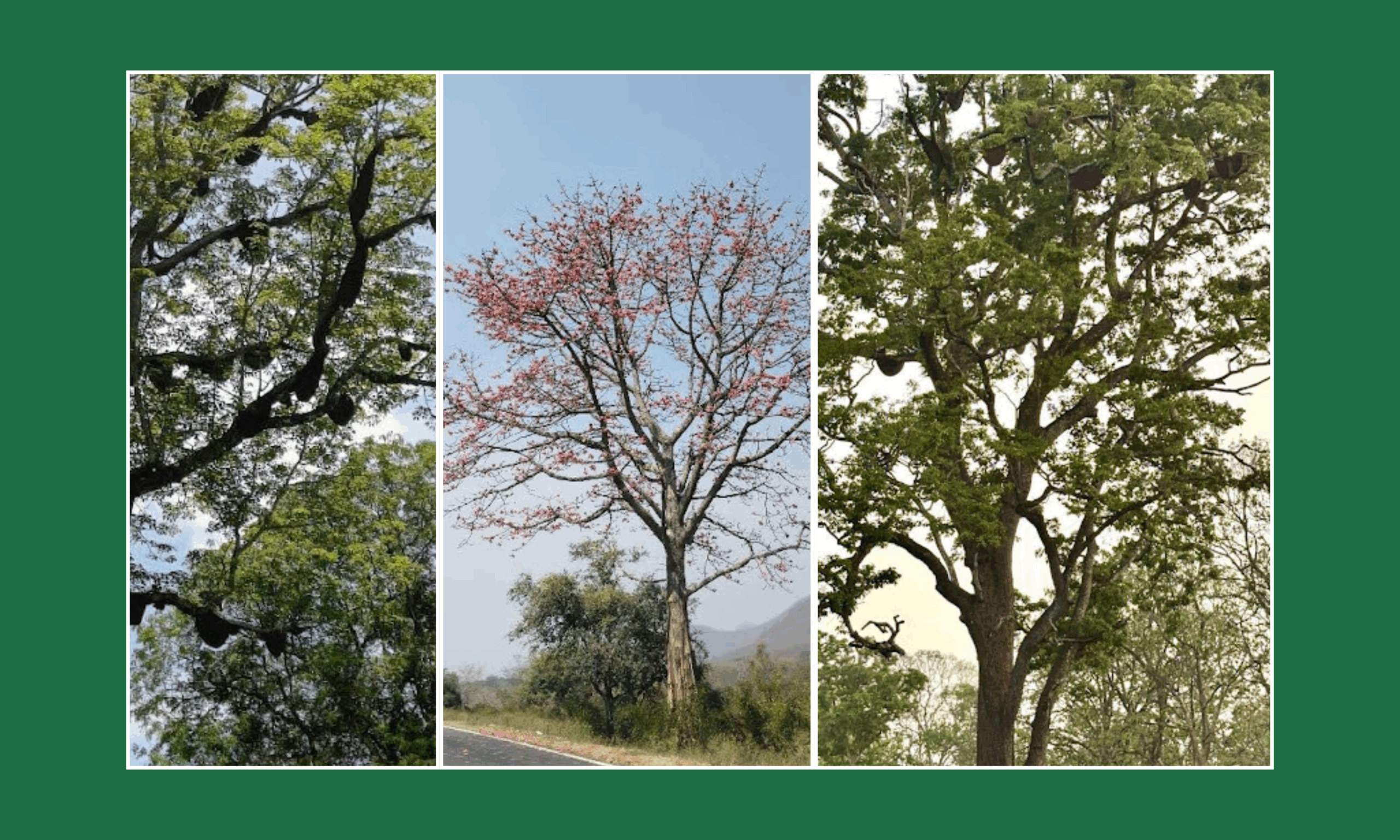By Faisal Rehman, Archiving and Research, Programme Coordinator, People and Nature Collectives
The Nature Conservancy, India, organised a workshop on the 26th & 27th of June, 2024, in Pune on ‘Inclusive and Equitable Nature Conservation’, with community-based initiatives from many different regions of India participating. The workshop was a knowledge exchange event where ecologists and community leaders from different political and ecological contexts shared their experiences with indigenous forestry, ecological action, and strategies for effective community forest governance. Community-led nature conservation is an emerging area of practice in India, with a potential to change the discourse around the role of stakeholders in democratising forest management and sustainability. Such an approach is rapidly gaining currency with a tangible impetus from the Forest Rights Act, 2006. Traditional Ecological Knowledge and its insights into the sustainable use of natural resources has been a much neglected domain of inquiry and action in India.
Mounthees Kuttan and Faisal Rehman from the People & Nature Collectives took part in the workshop representing Keystone Foundation and the Toda community. They delivered a talk on mainstreaming Traditional Ecological Knowledge and Traditional Cultural Expressions in conservation, as well as strategies to find a meaningful interfacing between community knowledge and scientific methods based on their experiences with the Toda community. Other notable participants in the event were Mawphlang Welfare Society – Meghalaya, KRAPAVIS – Aravallis Rajasthan, Elopa-Etugu Community Eco-Cultural Preserve – Arunachal Pradesh, Vangujjar Tribal Yuva Sangathan – Uttarakhand, and a few Dalit community initiatives. It has to be noted that Dalit communities are an invisibilised and silenced social strata within nature conservation debates.


















